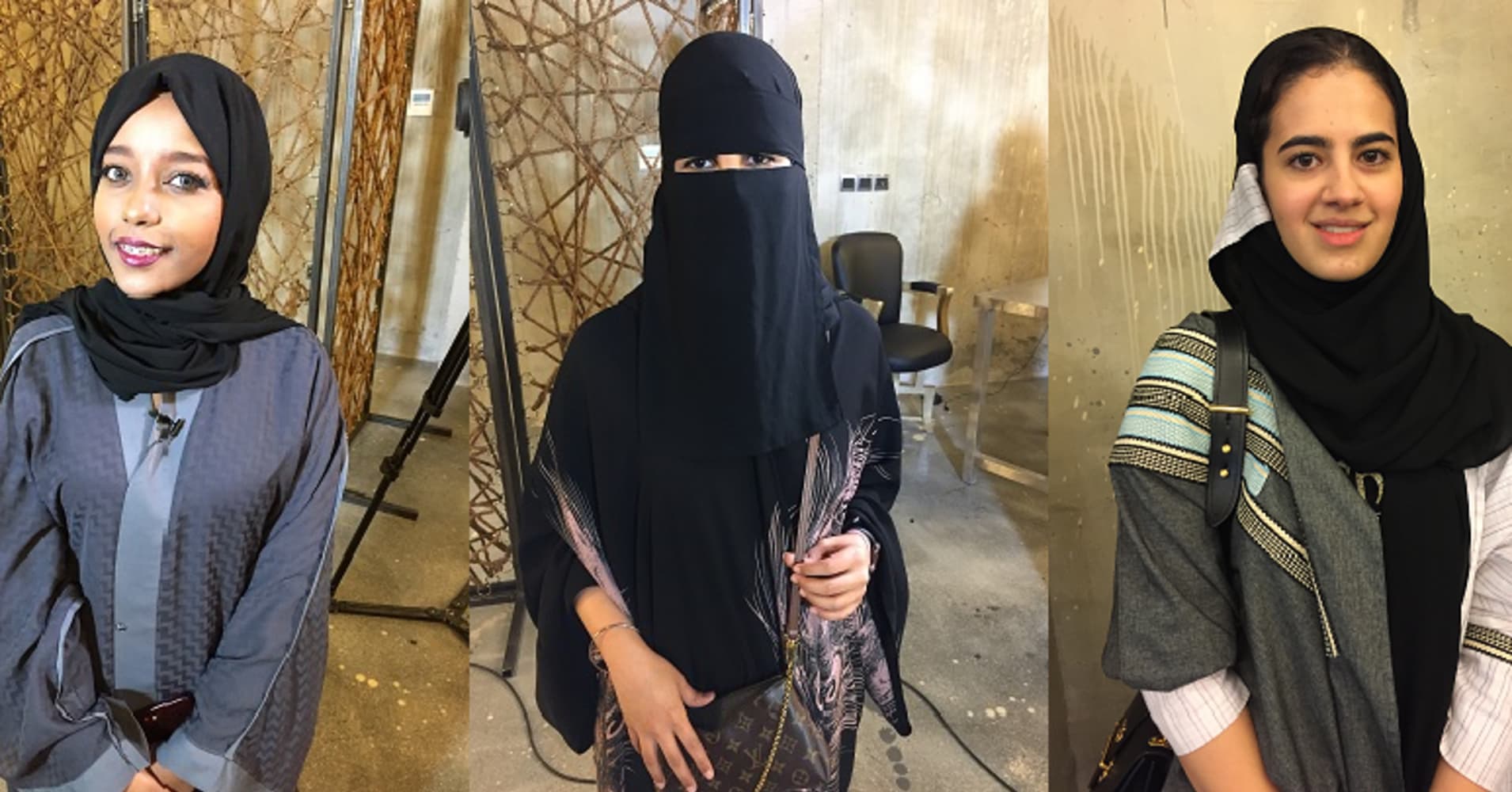
Four months ago, Amwaj Mohammed could have been arrested for driving in Saudi Arabia. Now, she earns money driving for Careem — thanks to a royal decree that allowed Saudi women to driver.
Saudi Arabia in June became the last country to grant women driving rights, and it's the only one to do so in the age of ride-hailing apps. Uber and Careem, in the latest example of their regional rivalry, spent hundreds of thousands of dollars on initiatives to attract female Saudi drivers to their platform. Four months later, Careem says it has over 2,000 female drivers on the road, and Uber says it has "a handful."
An Uber spokesperson said that many women who have indicated interest in Uber are still in the process of obtaining a license. When asked about Careem's success in recruiting licensed drivers, the spokesperson expressed having "no clue" about "what they [Careem] are doing or how they've done it."
Uber has pulled out of several international markets with tough local competition, such as Russia, China and Southeast Asia, aiming to trim losses ahead of an anticipated 2019 initial public offering of its stock. Yet Uber continues to compete in the Middle East against homegrown rival Careem, which announced $200 million in fresh funding on Thursday. Saudi Arabia holds particular significance: Its sovereign wealth fund became Uber's largest single-buyer investor when it bought a $3.5 billion stake in 2016.
Before the ban, women accounted for 80 percent of Uber's customers and 70 percent of Careem's. Now, with social and market tides changing, Careem may be beating Uber to the new market of potential drivers.
After state television announced the end of the driving ban, it took just two hours for Careem to begin to reach out to women, taking to Twitter to issue a congratulations and a plug for female Careem drivers. As a gesture of respect, Careem calls female drivers "captainahs."
"It makes a lot of difference," Amwaj said in a phone interview translated from Arabic. "Captainah feels more professional, like it gives me honor and responsibility in what I'm doing. It feels more special than being a driver."
Careem promised to invest $2 million in regional driver security this year. Some reported measures include life insurance for captains and captainahs, anonymity of driver cellphone numbers and a 24/7 hotline service with priority to women.
Driving tests for women have existed for less than four months, and many Saudi women still don't own cars. To sidestep this, Careem partners with local companies to rent cars to women for as low as $13 a day. Captainahs get a financial bonus equivalent to 1,000 riyals, or about $266, if they complete 15 rides in a month, according to regional communications.
Amwaj drives for Careem, but not Uber. She said Careem's outreach program was more powerful, remembering how she watched the daily countdown to her driving rights on social media.
"Because we are from the region, we know the region and we develop our platform to the region," said Murtadha Alalawi, communications manager for Careem. "That's how we did it, and how customers feel safe on our platform.
Traditional social norms prevent local women from interacting with men to which they are not related, but Uber and Careem will not respond to complaints from men who are simply upset they had a woman driver. Both companies reported no incidents of harassment or abuse since the ban ended. In fact, captainahs have an average of a 4.805 star rating out of 5 on Careem, while men have 4.6, Alalawi said.
"We believe that to go to the future, you have to look up to the women and work for women's empowerment," said Alalawi. "This is our value. This is our belief."
Uber has spent 1 million riyals ($266,000) on a Saudi female-centric initiative called "masaruky," or "your path" in Arabic. Yet, it appears to view its role in the social transition differently.
"It's not about social change, but more about how mobility can be part of the evolution of cities," said an Uber spokesperson. "It's not the social change we're trying to be a part of, but how we can make transport accessible so that people feel connected with their city."
Uber is launching a feature that allows Saudi Arabian female drivers to request only women passengers, based on research in collaboration with Ipsos that found that 74 percent of prospective female drivers would only be interested in driving other women. Other Uber projects include the first women partner support center and aid for women struggling to afford driving school.
"Rather than start fighting for women right away, I think we need to best understand what's going to work for women going through this massive cultural change in a country," said an Uber spokesperson. "It's not just about meeting this number. We definitely still feel that this is the right way of setting up the network and ecosystem for long-term growth."
"Long term" could mean an intertwined future for Uber and Careem. At an event this month hosted by Bloomberg and Misk, uBER CEO Dana Khosrowshahi told Arab News, "Careem is a great company, a great competitor, and who knows, they may become more than that sometime in the future." Bloomberg reported on ongoing acquisition talks earlier last month, but both Uber and Careem representatives declined to comment on the issue.
via IFTTT
No comments:
Post a Comment